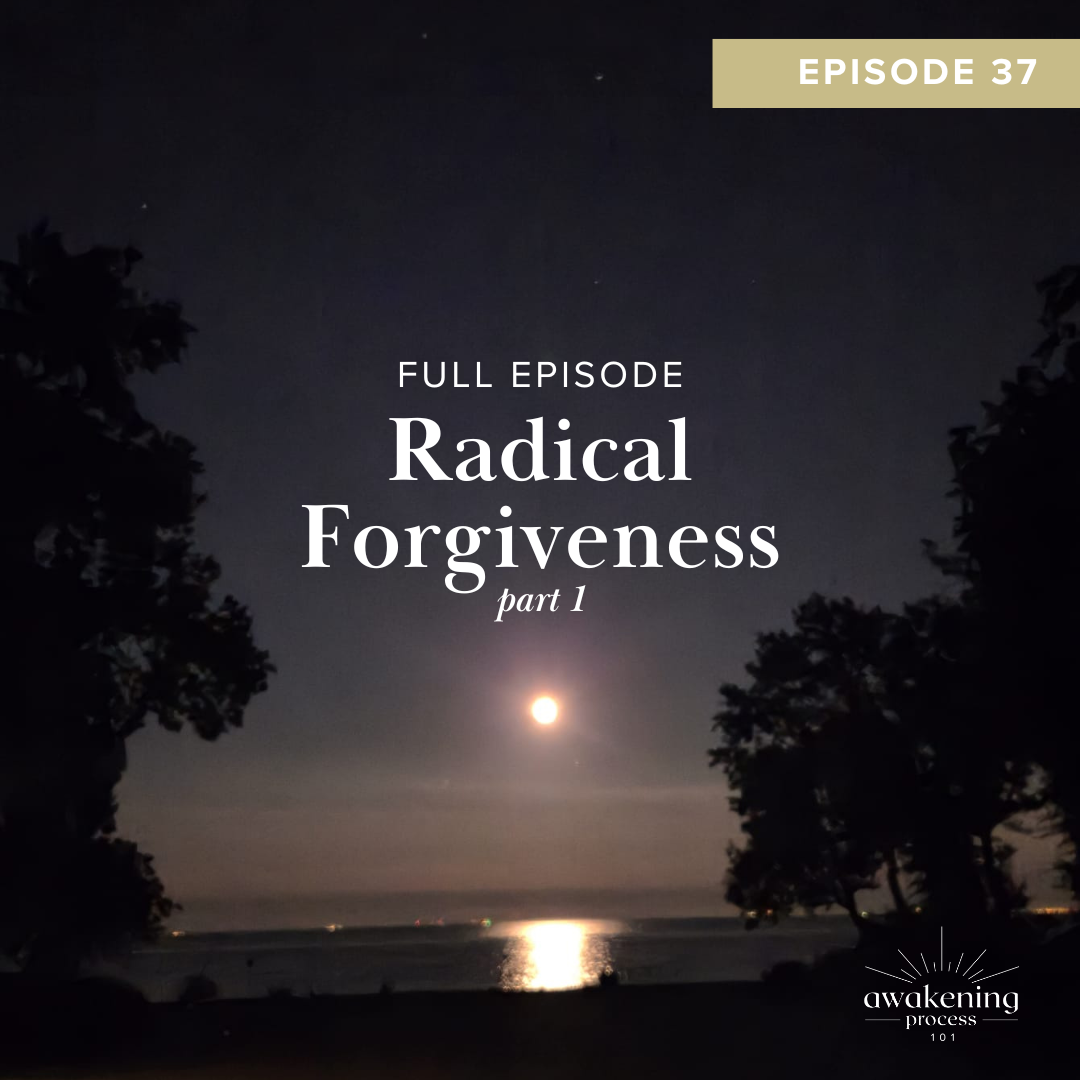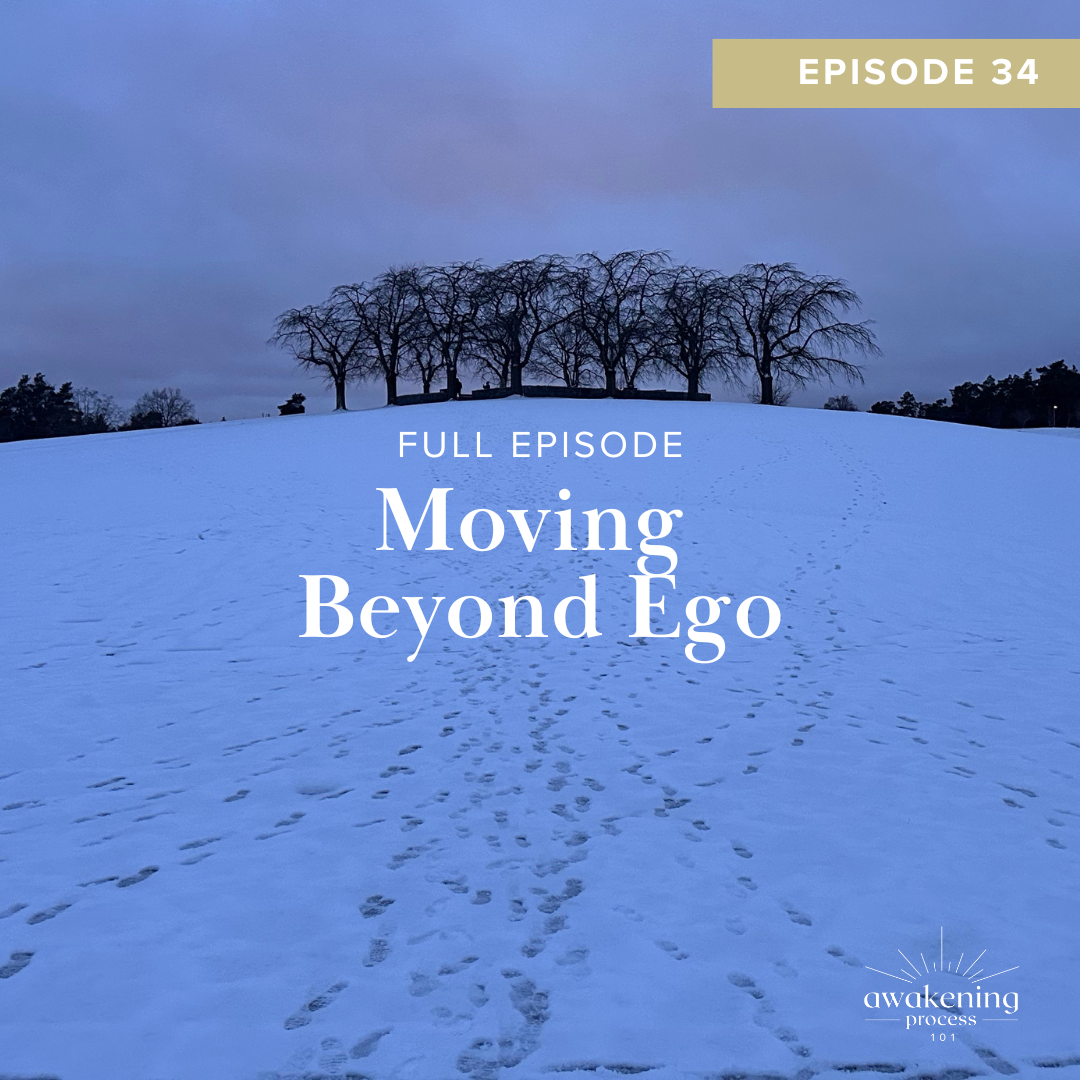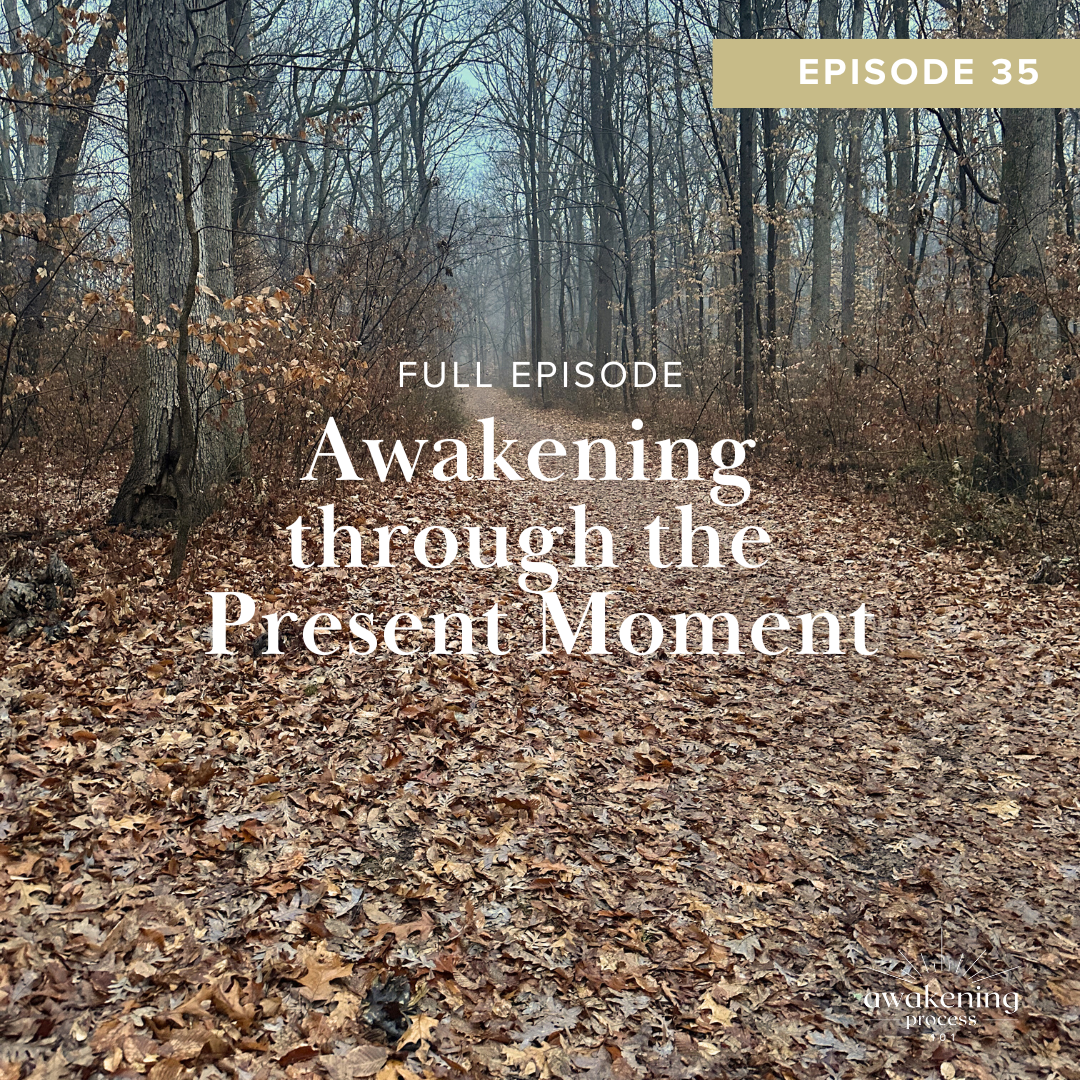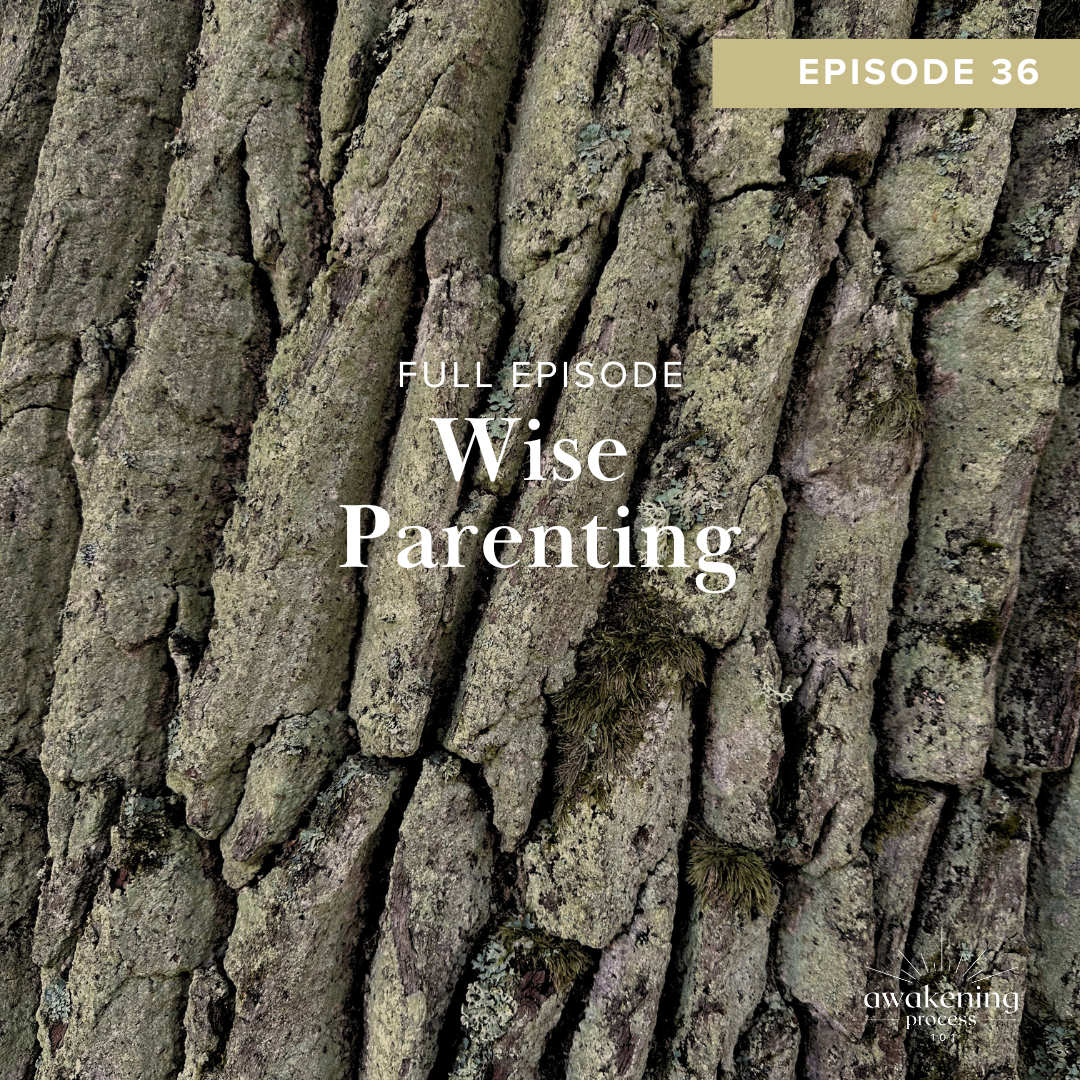The Mind Beyond Thoughts
The Mind Beyond Thoughts
Podcast Summary
There is a moment I will never forget. I was sitting on a park bench along the Hudson River in New York. Completely sober, five years in. Yet inside, my mind was still running the same noisy patterns. The same reactions. The same stories. That was when I opened a small pink yoga book and read the words “Citta Vritti Nirodha,” the second sutra in Patanjali’s Yoga Sutras.
Yoga is the cessation of the fluctuations of the mind.
I remember reading those words and feeling something crack open inside me. The idea that the mind could settle felt almost unbelievable. This teaching is not about controlling the mind or forcing it to be quiet. It is about realizing that we are not our thoughts. The mind moves constantly and tells endless stories, but beneath that movement there is something deeper. A more spacious self. One that is steady, loving, and awake.
Louise and I explored what it means to live from that place. Yoga, in its essence, means union, a connection to the divine, to truth, and to ourselves. When the noise of the mind softens, even for a single breath, we catch a glimpse of the part of us that is already free. The part that does not need fixing.
The Mind Isn’t Who You Are
The second sutra of Patanjali is not a command. It is an invitation. An offering. Yoga is the cessation of the fluctuations of the mind. What if we understood this to mean that there is a place inside us that exists beyond the chaos. A place that is already still and already whole. Louise and I explored how this teaching is not about force or fixing, but about gently recognizing that we are not our thoughts. Yoga, in its truest form, is a returning. A reunion with what is steady beneath the storm.
On my own path, this understanding did not arrive as a grand awakening. It came in whispers, in the forest, on the mat, and in heartbreak. Each moment offered a glimpse of freedom when I stopped believing every thought and instead learned to witness it. The more I practiced, the more space opened. And in that space there was breath. Choice. Presence. We do not have to eliminate the mind. We simply learn to relate to it differently. That shift changes everything.
Awareness Isn’t a Destination—It’s a Daily Devotion
Awareness is not something we stumble into once and then keep forever. It is a devotion. A gentle practice of returning again and again. Louise and I talked about how small anchors, like noticing your feet or pausing to feel your breath, can become sacred. These are not just mindfulness techniques. They are doorways back to now. And now is where healing lives.
What matters most is not how long we stay aware, but how lovingly we return. Awareness is forgiving. It welcomes us without shame. Even in the most ordinary moments, while doing dishes, driving, or making school lunches, we can soften into presence. Not to get it right, but to remember who we are beneath the noise. Each time we choose to come back, we reclaim a little more of ourselves.
Thoughts as Messengers, Emotions as Guides
One of the most tender parts of our conversation was the recognition that our thoughts are rarely random. They are signals. Often, they point toward unfelt emotions such as fear, grief, or shame that have not yet had the chance to move through us. When I got sober, I expected the noise in my mind to quiet. Instead, it grew louder. That experience taught me that what I was hearing were not simply negative thoughts, but echoes of buried pain asking to be seen.
The path of healing is not paved with mental solutions. It is softened through emotional honesty. When we meet our emotions instead of avoiding them, our thoughts begin to shift on their own. Not because we have silenced them, but because we have listened. Witnessing without judgment is what allows release. The goal is not to have a quiet mind. The goal is to be free. Not ruled by the mind, but rooted in something deeper.
Conclusion
There is a beautiful metaphor I return to often. Our thoughts are like clouds, and we are the sky. The sky does not chase the clouds. It does not fight them. It simply holds them. It allows them. It knows they will pass.
That is what this practice is. That is what this episode offers. An invitation to stop chasing your thoughts and begin resting in what is true beneath them. To notice the cloud, but to identify as the sky. Spacious. Ever present. Whole. It is not always easy. Some days we forget. Some days the mind feels louder than ever. But the more we practice, the more we breathe, feel, and witness, the more we remember. We are not broken. We are not our patterns. We are not the voice in our head.







